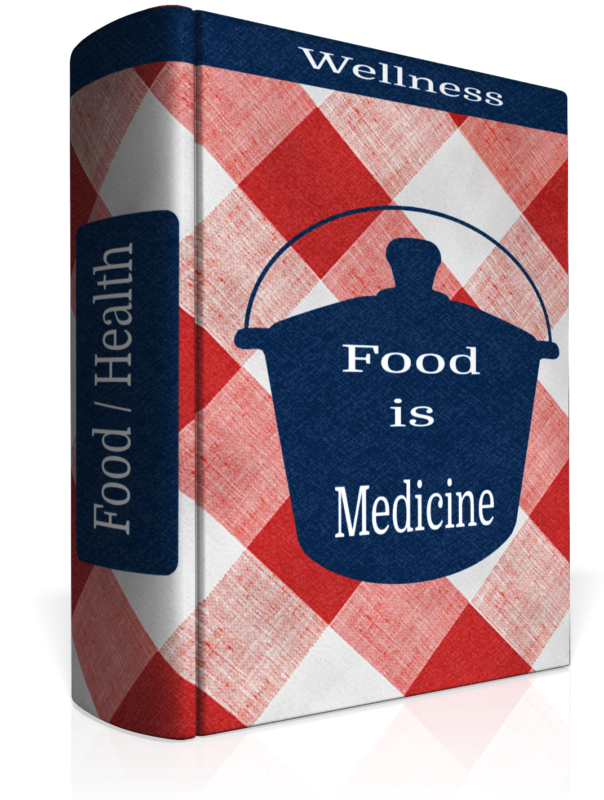
Abstract
Improved, innovative strategies are needed for the prevention and promotion of recovery from mental illness as these disorders leading cause of disability worldwide. This article will review the evidence linking dietary pattern to brain-based illnesses and provide an overview of the mechanisms that underlie the association between brain health and the food we eat. Considerations for dietary intervention will be discussed including encouraging a shift towards a traditional or whole foods dietary pattern.
Clinical Vignette
Robert, a 43-year-old married man who presents with irritability and a low mood for two months. He has a history of attention deficit disorder, first diagnosed two years ago, and is currently treated with Vyvanse 70 mg. While his focus and work function are improved, he reports low appetite, fatigue, and difficulty sleeping. He notes that he tends to be quite irritable during mealtimes to the extent that his wife has asked him to stay at work past dinnertime to “stay out of the way.” He feels guilty and, concerned about not connecting emotionally to his young children ages 1 and 3. Further history and medical workup reveal no substance use, no active medical issues, and blood work reveals no abnormalities.
The evidence is growing: food choice is strongly implicated in mental health risk. In cases like Robert’s, a food history is a vital piece of data, both in assessing low appetite as a possible medication side effect, or as a symptom of depression. Furthermore, a food history is imperative to understand whether targeted dietary recommendations could assist in his recovery.
An approach to consider for patients with mental health symptoms is to offer counseling on lifestyle interventions, such as diet.1 Physicians often feel ill-equipped to discuss diet due to lack of training, limited time, and a poor reimbursement structure. Physician uncertainty is likely exacerbated by the wide variety of specific dietary recommendations and dietary “tribes” that exist in our society today. Over 2,000 years ago, Hippocrates said, “let thy food be thy medicine and thy medicine be thy food.”2 The evidence base is increasing that we should re-examine his counsel, as the effect of good food has profound implications for brain health.
The global burden of mental illness, both in terms of financial cost and disability, rivals that of all cancers combined.3,4,5 In addition, unipolar depression is the leading cause of disability in high and middle-income countries. Among individuals aged 15–44, it is the leading cause of disability worldwide.6 In light of this, it is essential to explore strategies that prevent mental disorders.7 While several risk factors such as socioeconomic status and trauma are not amenable to simple interventions, nutrition has a simple appeal: all patients eat. Shifting the diet is not only a means to promote mental health; it is also a way to promote recovery from mental illness once it has already taken hold.8, 9
Several nutritional deficiencies, such as vitamin B12, B9 (folate), and zinc, can cause symptoms of depression and dementia such as low mood, fatigue, cognitive decline, and irritability.10, 11 The evidence linking diet to mental illness has evolved from a focus on specific nutrient deficiencies to an emphasis on overall dietary pattern. Dietary patterns high in processed foods, or a “western dietary pattern,” are strongly correlated with an increased risk of developing depression, mild cognitive impairment, and ADHD.12–14 Food insecurity, or inadequate access to sufficient nutritious and culturally appropriate food, is also independently associated with mood and anxiety disorders.15 On the other hand, a “whole foods,” traditional, and a Mediterranean diet have been found to be protective against developing depression among other mental illnesses.16–18 For instance, a prospective cohort study of over 10,000 university students over 4.4 years of follow up, found that students who most closely adhered to a Mediterranean dietary pattern had a 42% reduced risk of developing depression.19 This research has taken into account several potential confounders including socioeconomic status. What could underlie this connection between mental illness risk and the food we eat?
Read more...







